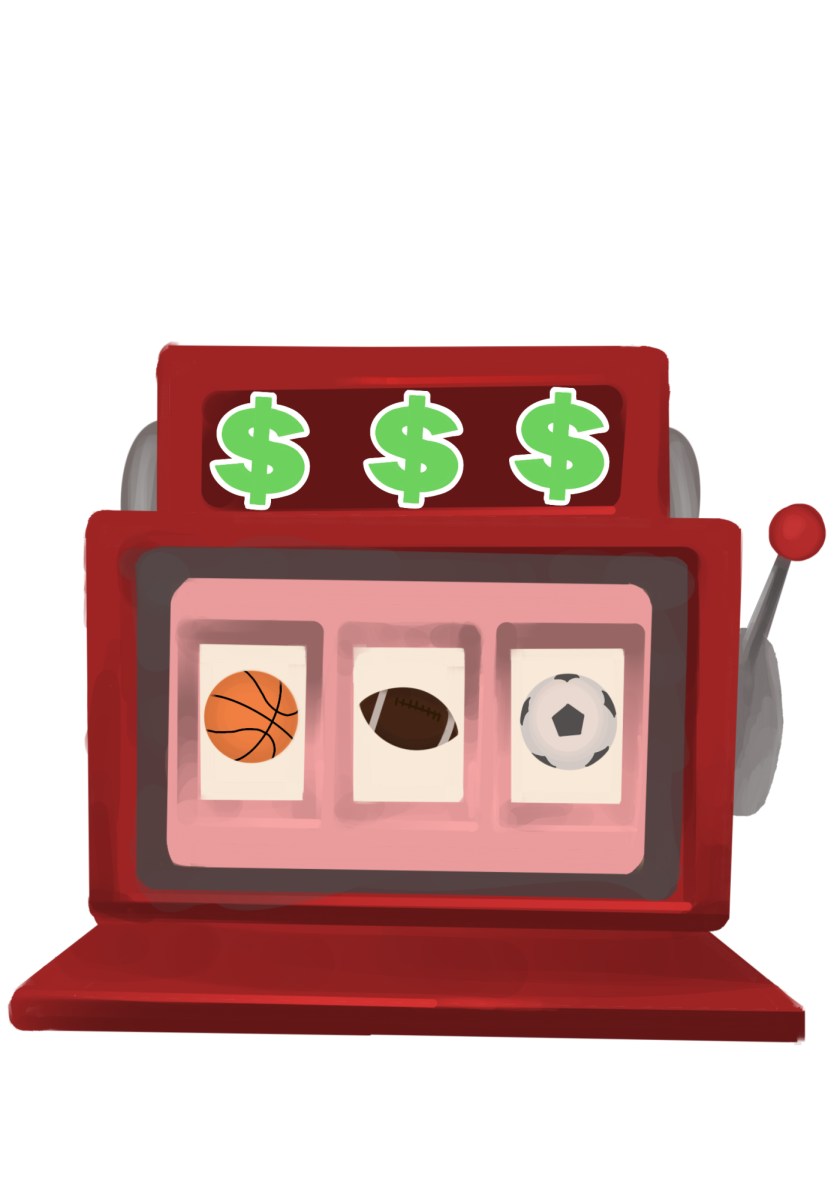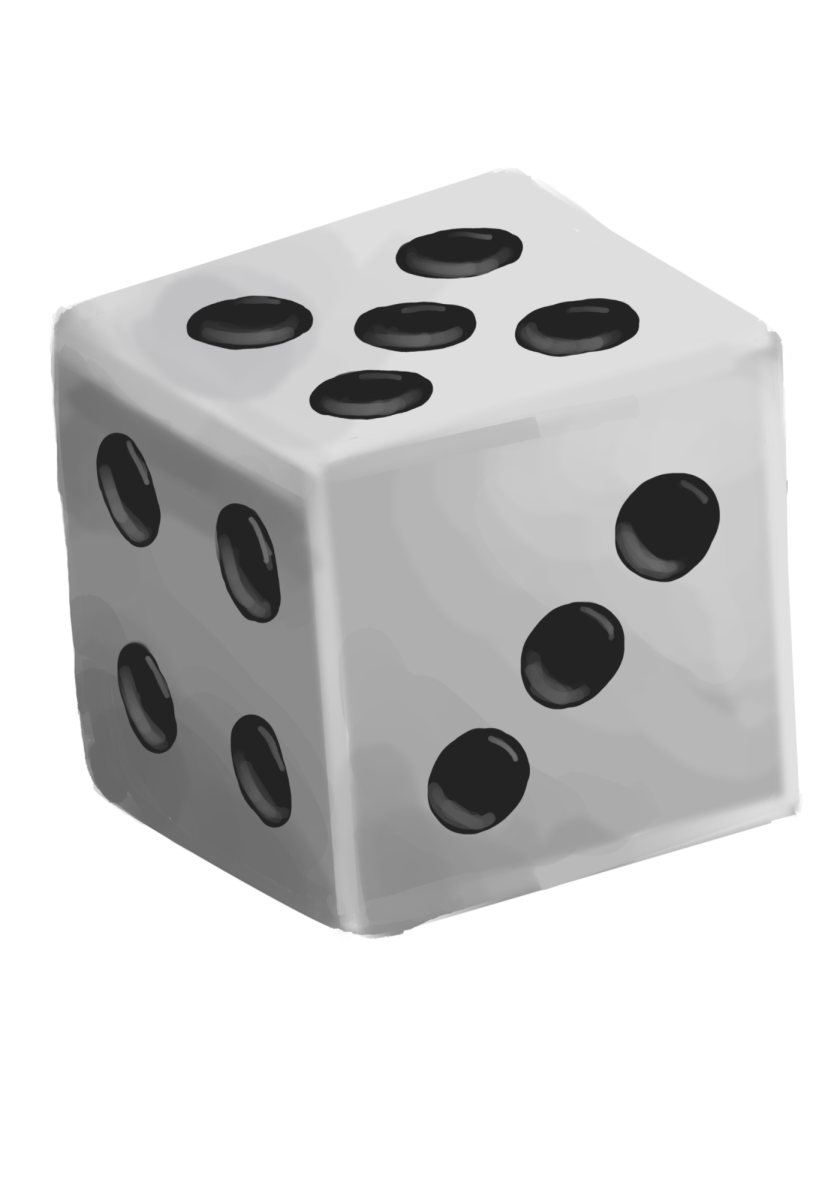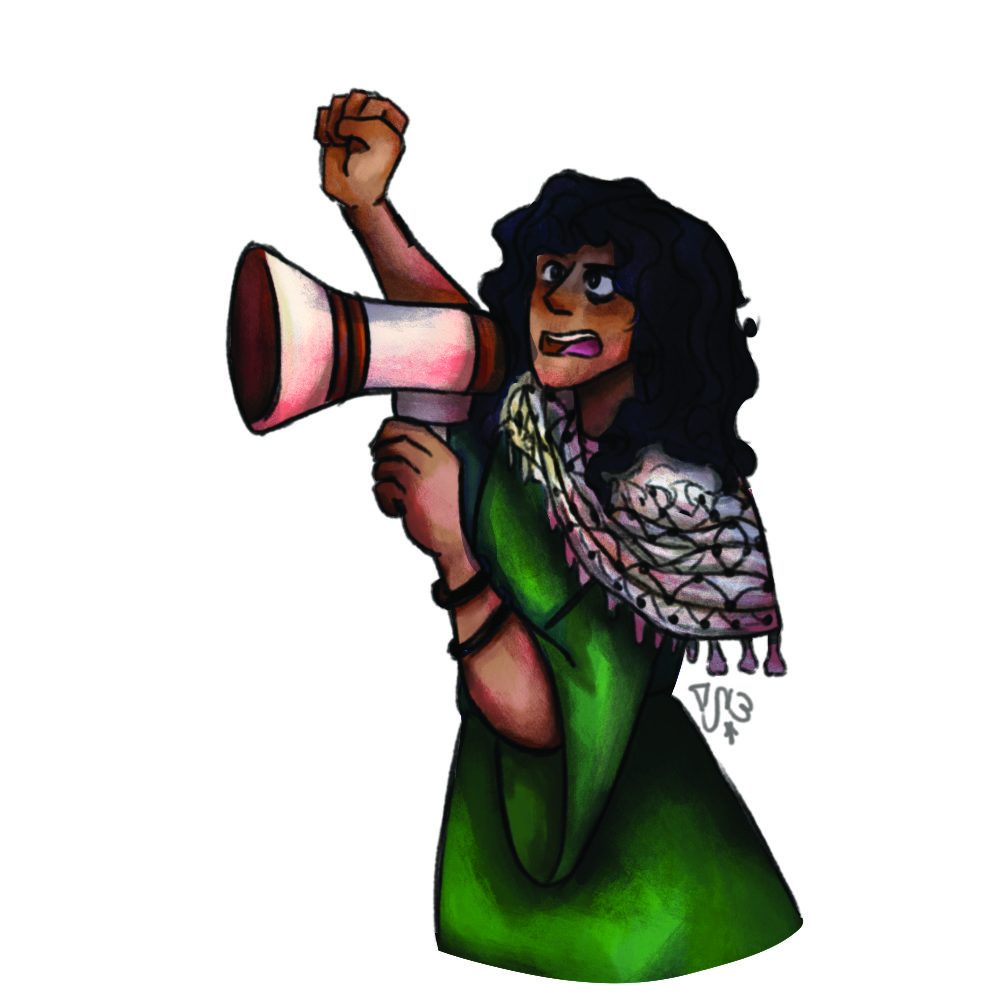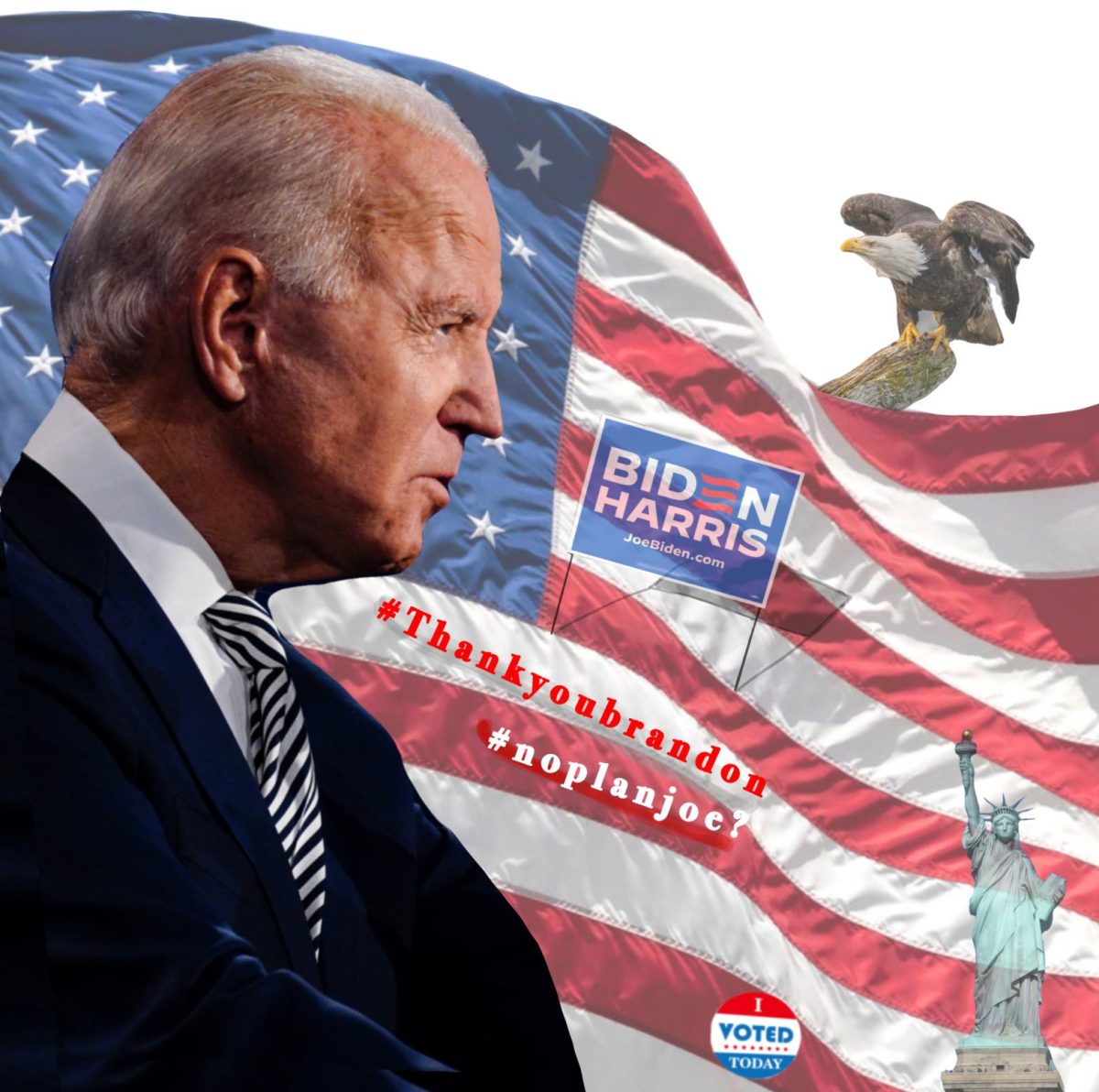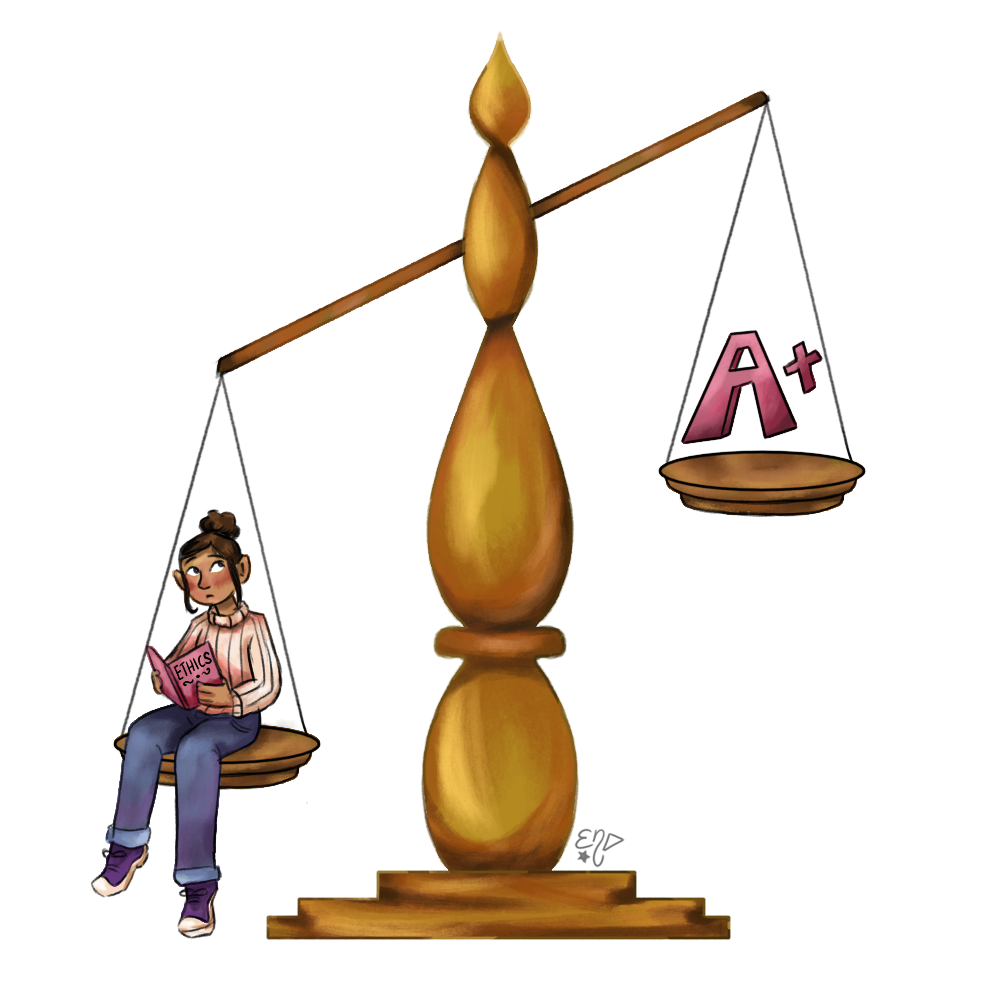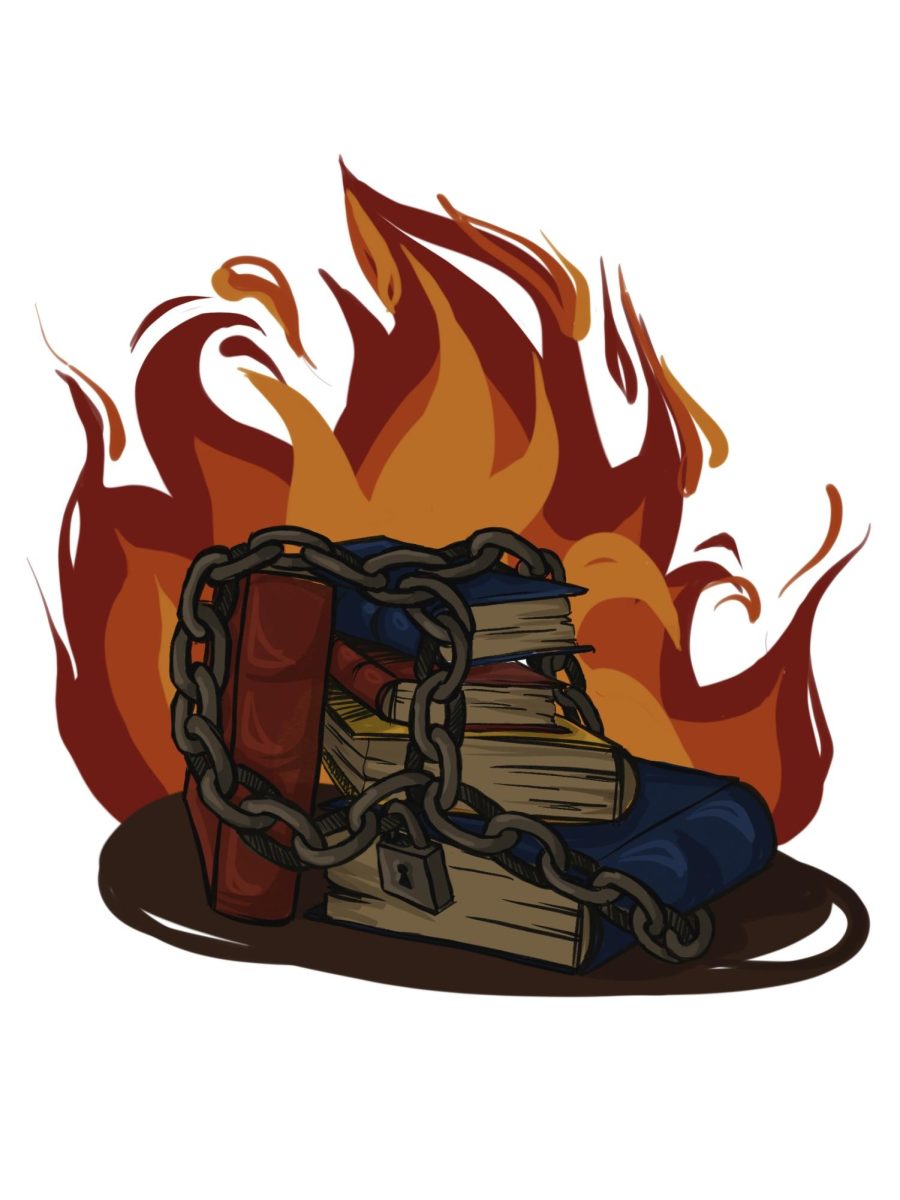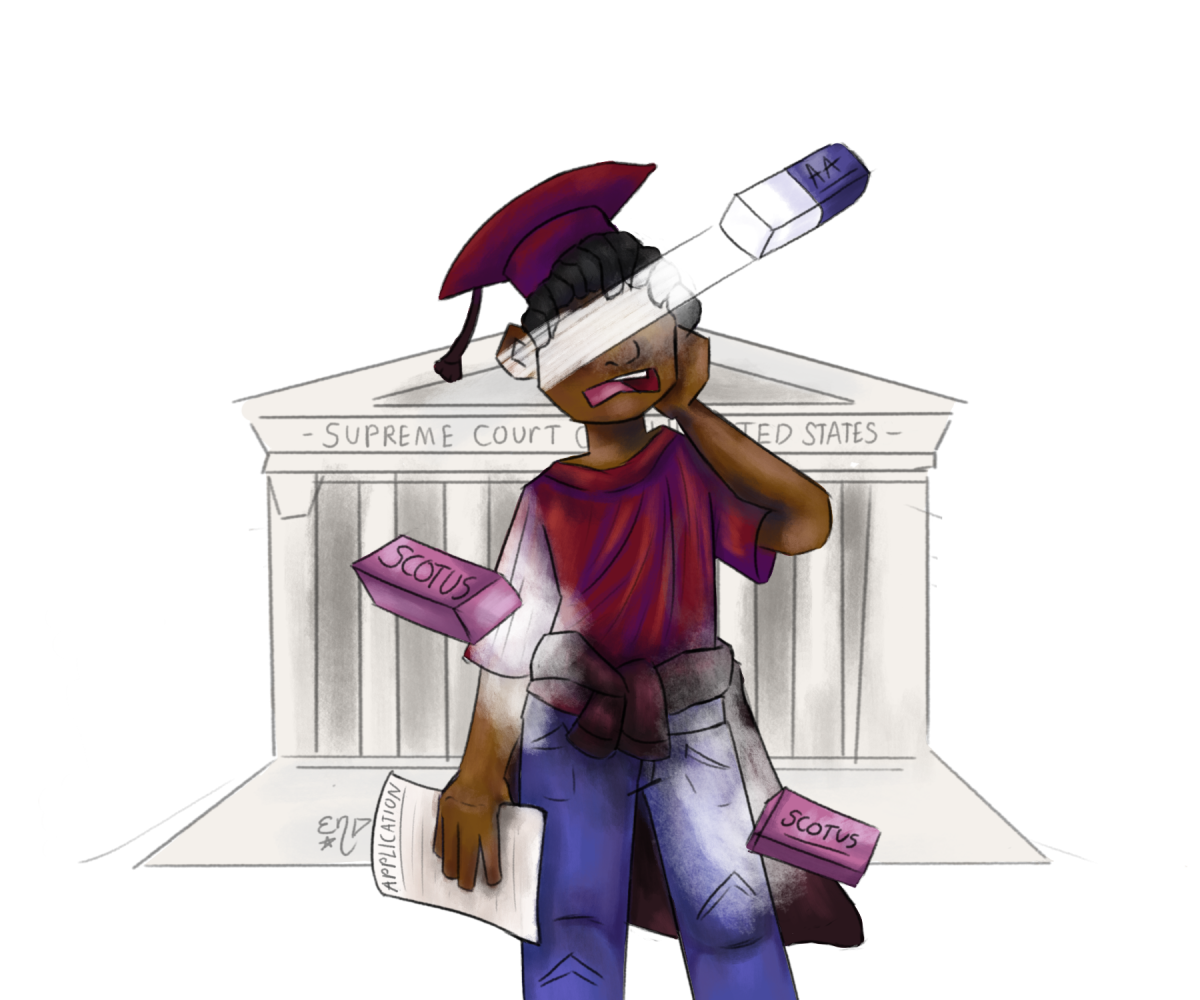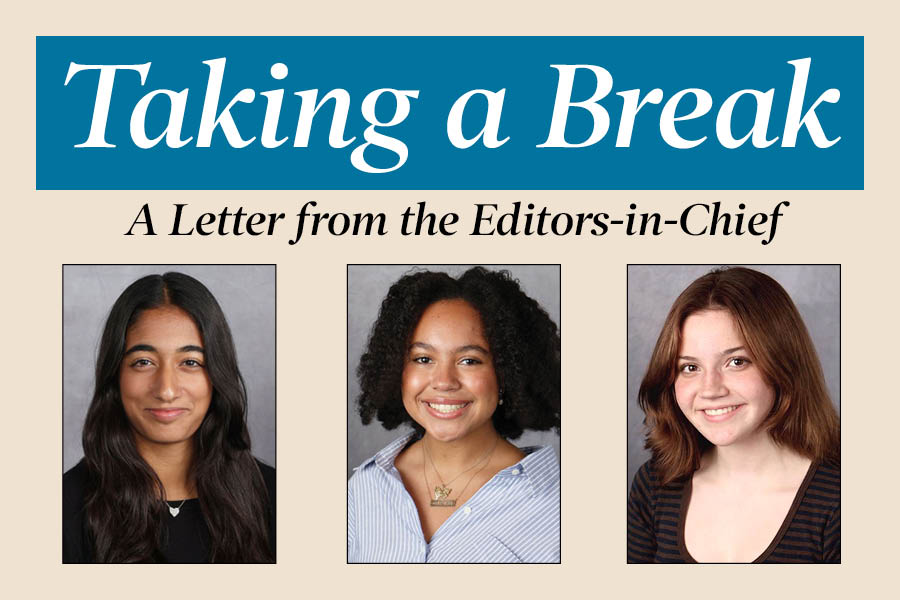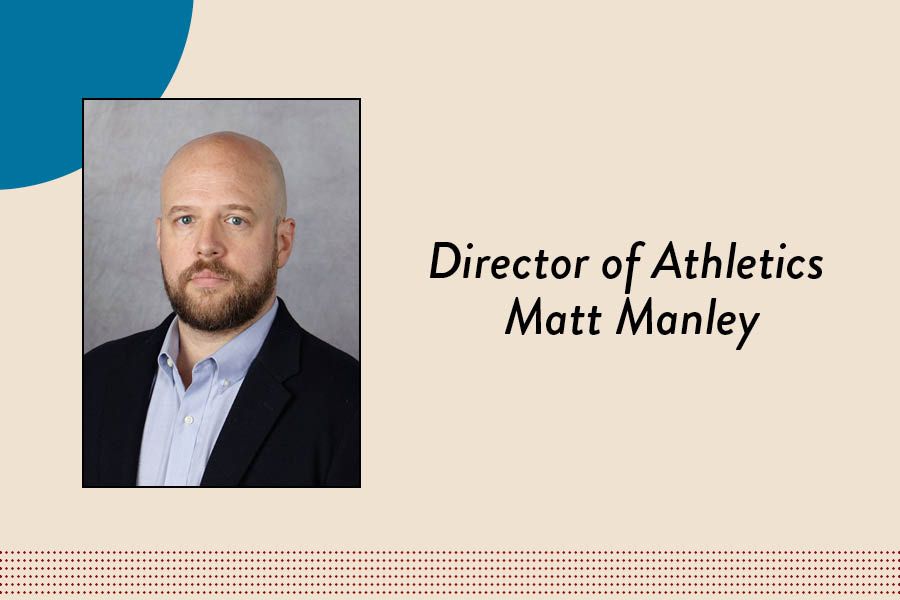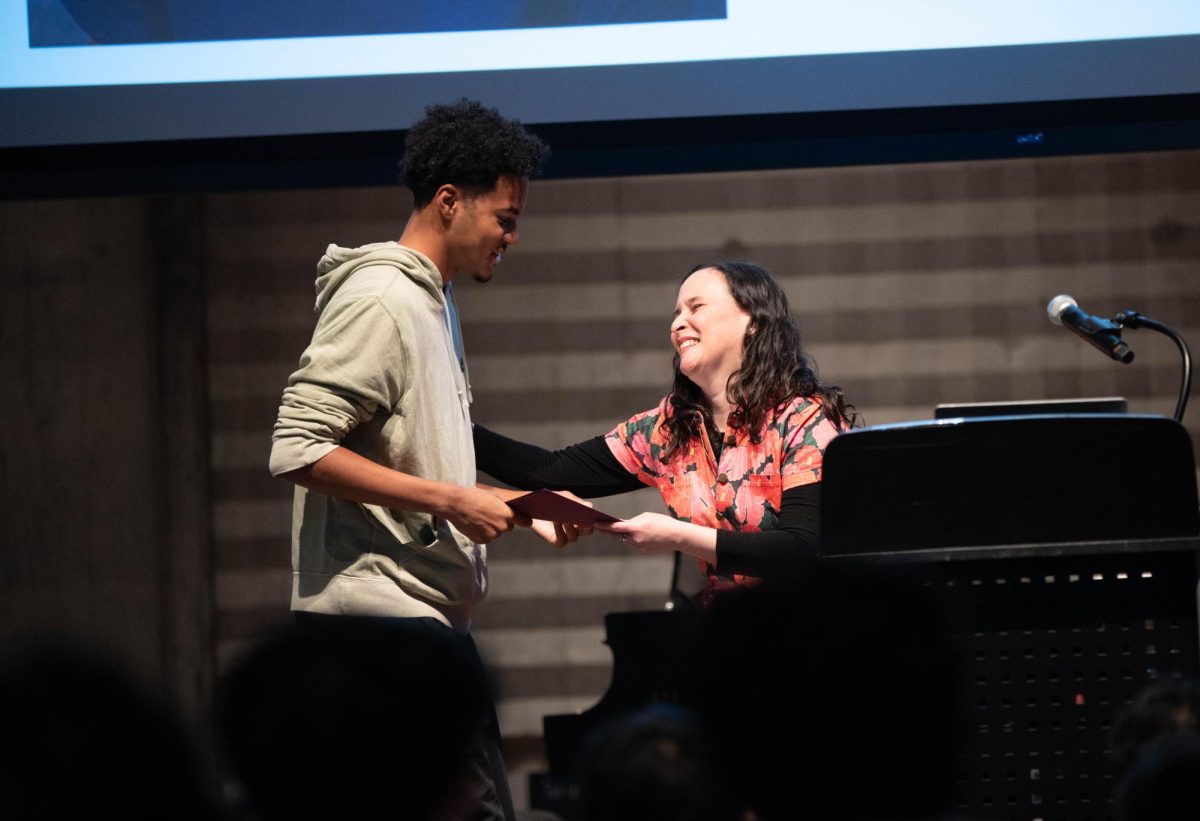Rolling the dice
Around 85% of U.S. adults have gambled at least once in their life, and according to experts,
the highly addictive activity is a growing problem amoung young adults. Gambling takes
many forms, but one thing is for sure: its presence is all around us despite its discreet nature.
April 5, 2024
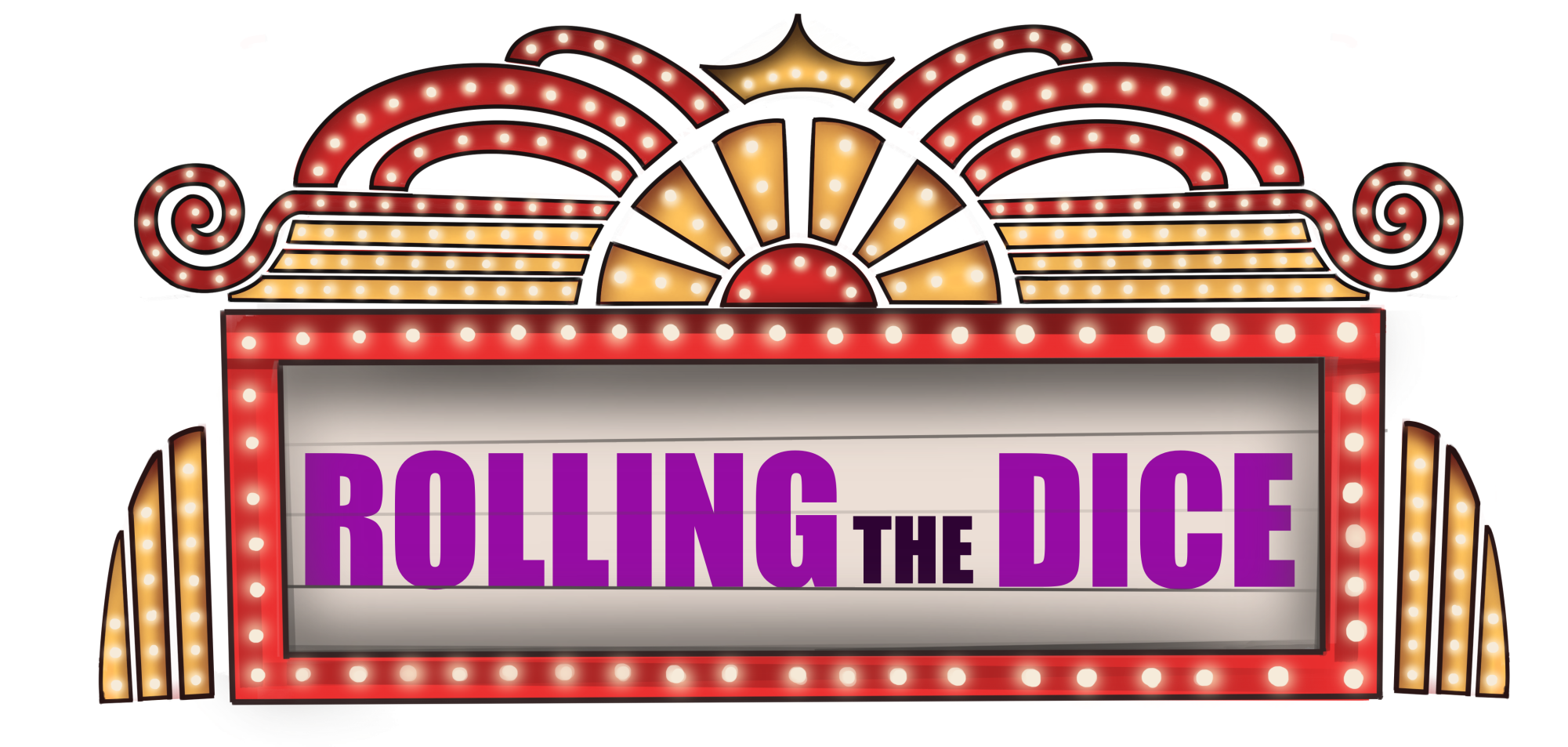
About the Contributors

Audrey Park, Editor-in-Chief
Audrey Park is a member of the Class of 2024 and serves as an editor-in-chief. She began writing for the Midway in the 2020-21 school year when she was in ninth grade. Her favorite story she has written is about University of Chicago nurses seeking solutions for the uninsured. She loves journalism because of its ability to represent and reflect multiple perspectives. Audrey also enjoys reading, traveling and playing card games.
Awards:
2024 Scholastic Press Association of Chicago, special coverage: (with Clare McRoberts and Sahana Unni) superior
2024 Scholastic Press Association of Chicago, general feature Story: excellent
2024 Columbia Scholastic Press Association Gold Circle Award: First place, sidebar writing, “Affirmative Apprehension — Expert input: Law professor explains case”
2023 Illinois All-State Journalism Team
2023 Journalism Education Association National Student Media Contests, San Francisco convention: Honorable mention, online package
2023 Scholastic Press Association of Chicago, news story: excellent
2022 Journalism Education Association National Student Media Contests, St. Louis convention: Honorable mention, editorial writing
2022 Columbia Scholastic Press Association Gold Circle Award: First place, sidebar writing, “Misinformation solutions rely on regulation, media literacy”
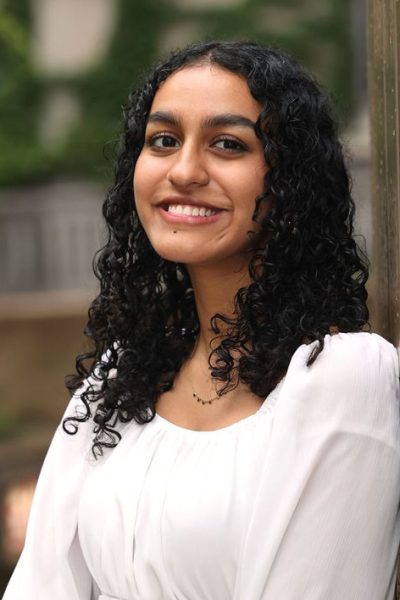
Sahana Unni, Editor-in-Chief
Sahana Unni is a member of the Class of 2024 and serves as an editor-in-chief. She began journalism as a ninth grader in the 2020-21 school year and has since appreciated the exposure to different ideas and perspectives. Her favorite story she has written is about the Jane Collective, a group of women who provided safe abortions before the procedure was legalized in the early 1970s. Outside of journalism, Sahana enjoys creative writing and reading, while also serving as an editor-in-chief of the Renaissance literary magazine and a captain of the Mock Trial team.

Jaya Alenghat, City Life Editor
Jaya Alenghat is a member of the Class of 2025 and serves as an assistant editor. She began journalism in the 2022-23 school year as a sophomore. Her favorite story she has written is “In finding community, English teacher provides comfort for Latinx students.” Outside of journalism, she enjoys playing tennis, reading and spending time with friends and family.
Awards:
2024 Scholastic Press Association of Chicago, sports news story: excellent
2024 Columbia Scholastic Press Association Gold Circle Award: Certificate of merit, sports features, “Muslim student athletes navigate fasting during Ramadan while maintaining physical endurance”
2023 Journalism Education Association National Student Media Contests, Boston convention: Excellent, news writing

Kabir Joshi, Assistant Editor
Kabir Joshi is a member of the Class of 2026 and is an assistant editor. As a ninth grader, he joined the U-High Midway during the 2022-23 school year. His favorite story that he has written is "Movie differentiates itself from others." Outside of the Midway, he runs cross country and loves spending time with his dog.
Awards:
2023 Journalism Education Association National Student Media Contests, San Francisco convention: Excellent, review writing

Sygne Stole, Artist
Sygne Stole is a member of the Class of 2025 and an artist for the Midway.







